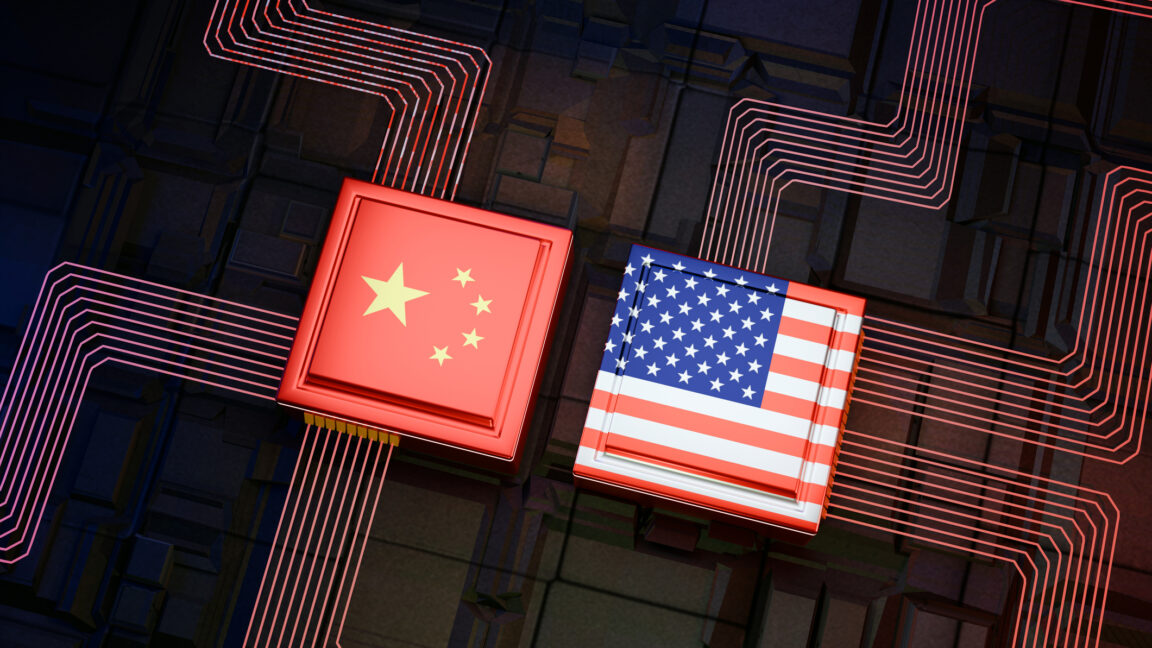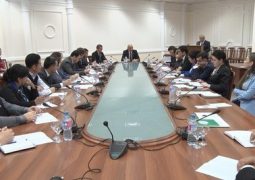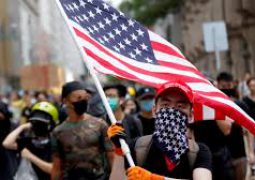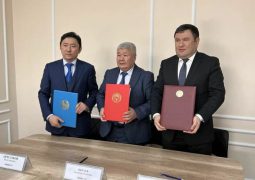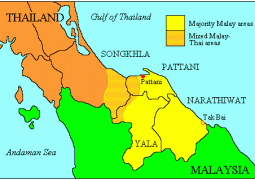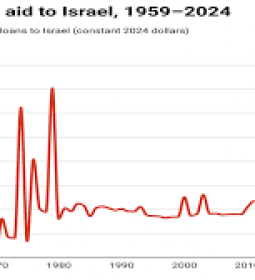US blocks China from foreign exports with even a single US-made chip

New China export curbs could hurt US chipmakers, allies more than Huawei.
Joe Biden’s final move to stop China from racing ahead of the US in AI may be too little too late, reports say.
On Monday, the Biden administration announced new export controls, perhaps most notably restricting exports to China of high-bandwidth memory (HBM) chips used in AI applications. According to Reuters, additional export curbs are designed to also impede China from accessing “24 additional chipmaking tools and three software tools,” as well as “chipmaking equipment made in countries such as Singapore and Malaysia.”

Nearly two dozen Chinese semiconductor companies will be added to the US entity list restricting their access to US technology, Reuters reported, alongside more than 100 chipmaking toolmakers and two investment companies. These include many companies that Huawei Technologies—one of the biggest targets of US export controls for years—depends on.
For any of these companies to receive shipments of restricted US tech, they will need to seek a license that the US rarely ever grants. It seems unlikely that those special licenses will be any easier to secure, as new restrictions also made it harder for China to import any foreign items that use any US-made materials. Now, if there is even a “single” US-made chip in a foreign product, it will be subjected to restrictions, The Washington Post reported.

Expanding export controls on China will potentially hurt the US, analysts said. Among US companies most likely to be impacted by export controls are Lam Research, KLA, and Applied Materials, Reuters reported. Non-US companies in allied nations will likely also be affected, such as Dutch equipment-maker ASM International. And South Korea-based Samsung has cause for concern, likely the “only” company impacted by new restrictions on memory used in AI chips, with “30 percent of its HBM chip sales from China,” Reuters noted.
But while Commerce Secretary Gina Raimondo said that these new curbs would help prevent “China from advancing its domestic semiconductor manufacturing system” to modernize its military, analysts and “several US officials” told The Post that they pack “far less punch” than the prior two rounds of export controls.
Analysts told The Wall Street Journal that the US took too long to launch the controls, which were composed around June. As industry insiders weighed in on the restrictions, word got out about the US plans to expand controls. In the months since, analysts said, China had plenty of time to stockpile the now-restricted tech. Applied Materials, for example, saw an eye-popping 86 percent spike in net revenue from products shipped to China “in the nine months ending July 28,” the WSJ reported.
Because of this and other alleged flaws, it’s unclear how effectively Biden’s final attempts to block China from accessing the latest US technologies will work.

Beyond concerns that China had time to stockpile tech it anticipated would be restricted, Gregory Allen, the director at the Wadhwani AI Center at the Center for Strategic and International Studies, told the WSJ that these latest controls “left loopholes that Huawei and Chinese companies could exploit.”
Loopholes include failing to blacklist companies that Huawei regularly uses—with allies and American companies allegedly lobbying to exempt factories or fabs they like, such as ChangXin Memory Technologies Inc., “one of China’s largest memory chipmakers,” The Post noted. They also include failing to restrict older versions of the HBM chips and various chipmaking equipment that China may still be able to easily access, Allen said.
“These controls are weaker than what the United States should have done,” Allen told The Post. “You can make a halfway logical argument that says, ‘Sell everything to China.’ Then you can make a reasonable argument, ‘Sell very little to China.’ But the worst thing you can do is to dramatically signal your intention to cut off China’s access to tech but then have so many loopholes and such bungled implementation that you incur almost all of the costs of the policy with only a fraction of the benefits.”
US expected to remain tough on China under Trump
China has continually pushed back on US export controls, describing them as abusive restrictions that allegedly go far beyond protecting US national security interests and violate international trade laws.
At a press conference Monday, Chinese foreign ministry spokesperson Lin Jian accused the US of undermining global economic trade and disrupting global supply chains, Reuters reported. Expect China to “take measures to safeguard the rights and interests of its firms,” he said.
President-elect Donald Trump started the US-China trade war during his prior term by aggressively going after Huawei, and it’s expected that Trump will resume Biden’s “tough-on-China” policies.

Just last week, Trump said he planned to impose a 35 percent tariff on all Chinese goods, which is significantly lower than his campaign trail threat of 60 percent tariffs but still risks spiking prices of popular consumer tech if implemented. On top of Trump’s ongoing tariff threats, The Post noted, Trump’s pick for national security adviser, Michael Waltz, is a “vocal China critic” urging for the US to “re-shore critical supply chains,” suggesting that his administration may be aligned with Biden’s in this arena.
However, one possible X factor could be Elon Musk, who could potentially use his seeming influence on Trump to sway trade policy and protect his own business interests in China, The Post suggested. Experts are already suggesting that their likely vastly differing stances on China could end up being so divisive, it could end up being what breaks up their “bromance,” The Telegraph reported.
- Previous Macron lost military presence in 6 West African states and keep counting: Great achievement for De Gaulle’s mini-succesor
- Next Syrian & Russian Forces Step Up Bombing of Takfirist Terrorists in Aleppo and Idlib


